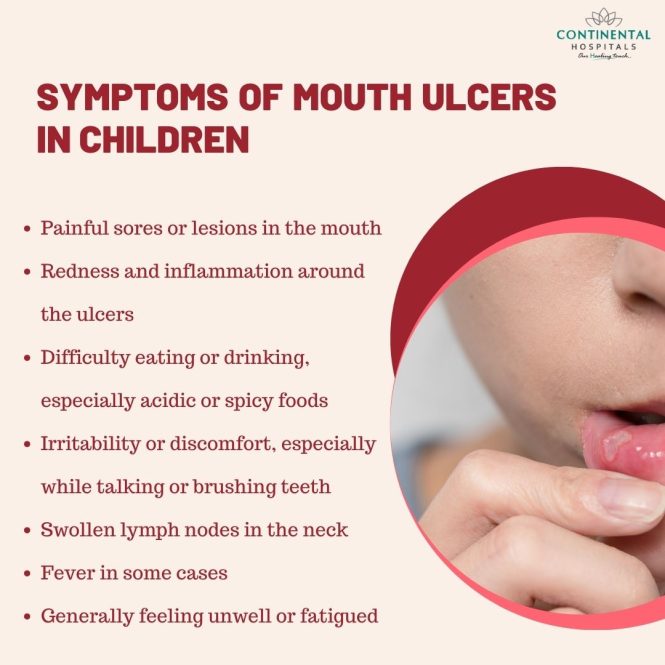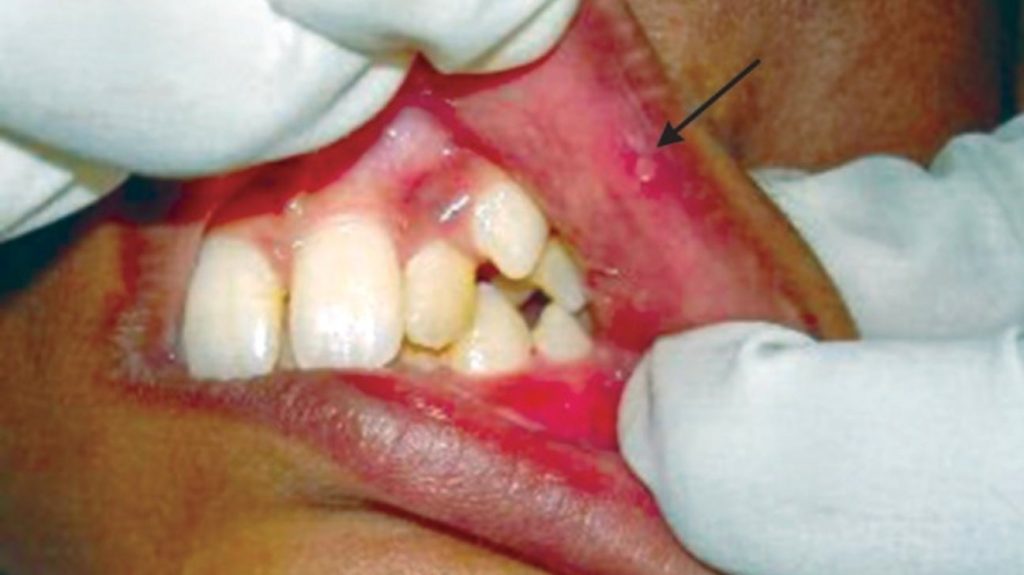

Mouth sores and ulcers are a common oral health issue causing significant discomfort. They can range from mild irritation to severe pain, disrupting daily routines and affecting overall well-being. This guide delves into the topic of mouth sores and ulcers, exploring the underlying causes, effective treatment methods, and preventive measures to help you understand and manage these often-troublesome conditions. We will examine various contributing factors, review the most effective home remedies, and guide you through finding long-term solutions. Furthermore, we will provide a summary of potential medical intervention for severe cases.
Understanding the Causes of Mouth Sores and Ulcers
Identifying the Root Causes of Oral Ulcers
Numerous factors can contribute to the development of mouth sores and ulcers. Poor oral hygiene practices can weaken the protective tissues of the mouth, increasing susceptibility to infection and irritation. Viral infections, such as the herpes simplex virus (HSV), are frequent culprits behind oral ulcers, often characterized by cold sores or fever blisters. Nutritional deficiencies, particularly in vitamins and minerals like B vitamins and iron, can also play a role in mouth sores and ulcers, as these essential nutrients are crucial for maintaining oral health. Allergies to certain foods or substances, like certain fruits or spicy foods, are a possible contributor as well, leading to irritation and inflammation. Autoimmune conditions, such as Behçet’s disease, have also been linked with mouth sores and ulcers. Understanding these potential contributors is critical to effectively addressing the problem, and often, pinpointing the specific cause may be challenging. However, awareness of potential triggers can help you develop a targeted approach to prevention and treatment.
Common Triggers and Contributing Factors
Beyond the previously mentioned culprits, there are some less frequent, but important contributors to consider. Stress can weaken the immune system, making you more prone to infections that lead to mouth sores, and can trigger flare-ups of underlying conditions. Certain medications can also irritate the mouth lining, potentially causing sores. Injuries to the mouth, such as biting the inside of the cheek, can create ulcers. Frequent use of abrasive toothpastes, or even the use of harsh mouthwashes, can cause irritation that leads to sores. It’s vital to be aware of all potential triggers as it will allow one to adopt preventive measures and seek timely interventions.
Effective Treatment Methods for Mouth Sores
Home Remedies for Sores and Ulcers
Several home remedies may provide relief from the discomfort of mouth sores and ulcers. Rinsing with saltwater solutions can help to soothe the affected areas and promote healing. Applying a cold compress to the affected area can numb the pain and provide temporary relief. Applying a thin layer of topical anesthetic gel directly to the sores can ease the pain.
Medical Interventions and Treatments
In severe cases, medical intervention may be necessary to provide effective relief from pain and promote healing. Antiviral medications can be prescribed for viral infections like herpes. Pain relievers such as over-the-counter ibuprofen or acetaminophen can temporarily lessen the pain and discomfort of the sores. For cases of nutritional deficiencies, dietary modifications or supplementation may be recommended.
Preventing Mouth Sores and Ulcers
Maintaining Optimal Oral Hygiene
Maintaining excellent oral hygiene is crucial in preventing mouth sores and ulcers. Regular brushing and flossing help to remove food particles and plaque, preventing bacterial buildup that can lead to inflammation and infection. Using a soft-bristled toothbrush and gentle brushing techniques will help prevent further damage and inflammation.
Dietary Considerations for Oral Health
A balanced diet rich in vitamins and minerals, including vitamins B12, C, and D, and zinc, can bolster the immune system and help maintain healthy tissues. Avoiding highly acidic foods and drinks, which can irritate the mouth lining, can also help prevent sores. Some individuals may experience mouth sores from eating highly acidic foods. Therefore, a balanced diet is crucial in oral care.
Common Types and Symptoms
Identifying Different Types of Oral Sores
A variety of mouth sores and ulcers can develop, each with unique characteristics. Canker sores, also known as aphthous ulcers, are small, shallow sores that typically appear on the soft tissues lining the mouth and are often painful. Cold sores, caused by the herpes simplex virus, are characterized by small blisters that develop into painful sores. Oral thrush, a fungal infection, manifests as white patches on the tongue, inner cheeks, and roof of the mouth. Understanding the different types will assist in accurate diagnosis and appropriate treatment.
The Impact of Lifestyle Factors
Stress and its Relation to Mouth Sores
Stress can contribute to weakened immunity, making individuals more vulnerable to mouth sores and ulcers. High stress levels can trigger the body’s inflammatory response, which, in turn, can lead to irritation and sores. Stress can disrupt the natural balance of the oral microbiome, potentially causing an imbalance in bacteria that can lead to mouth sores and ulcers.
Oral Health Habits and their Effects
Poor oral hygiene habits can create an ideal environment for bacteria and viruses to thrive, increasing the risk of developing mouth sores and ulcers. Regular brushing and flossing are essential to maintaining a healthy oral environment and preventing the recurrence of sores.
Dietary Choices and Oral Health
Certain dietary choices may contribute to the development of mouth sores and ulcers. Consuming highly acidic foods or drinks, such as citrus fruits, can irritate the mouth lining. A diet deficient in essential vitamins and minerals, such as iron or B vitamins, can also weaken the immune system, making individuals susceptible to infections and sores.
How can I differentiate between different types of mouth sores?
Distinguishing between various mouth sores can be challenging, but key differences exist in terms of appearance and location. Canker sores, for example, are typically small and painful ulcers that appear on the soft tissues inside the mouth. Cold sores present as small blisters that eventually burst and form sores, often appearing around the lips or on the face. Understanding these distinctions can guide you towards an accurate diagnosis and appropriate treatment approach.
What home remedies are effective for treating mouth sores and ulcers?
Several home remedies may bring temporary relief from mouth sores and ulcers. Saltwater rinses can help soothe inflamed tissues, while cold compresses can offer temporary pain relief. Over-the-counter pain relievers, when taken as directed, may reduce pain. A healthy diet, high in vitamins and minerals, contributes greatly to healing. However, consult a medical professional if the pain persists or worsens.
When should I seek professional medical attention for mouth sores?
Persistent or severe mouth sores, accompanied by fever, difficulty swallowing, or signs of infection, warrant immediate medical attention. If you notice any unusual changes in your mouth’s health, consult a medical professional to rule out more serious underlying conditions. This ensures timely intervention to prevent potential complications.
What are the long-term implications of untreated mouth sores?
Untreated mouth sores, especially if left for extended periods, can lead to complications, such as difficulty eating and swallowing, pain, and other oral health concerns. Proactive management through lifestyle changes, medical consultation, and proper treatment can significantly reduce long-term implications.
Frequently Asked Questions
What are the most common causes of mouth sores and ulcers?
Mouth sores and ulcers can stem from various factors, including viral infections, nutritional deficiencies, immune system issues, and even stress. The specific cause can sometimes be difficult to pinpoint, but understanding potential triggers can help develop targeted prevention strategies. Maintaining a balanced diet rich in essential nutrients and practicing good oral hygiene can contribute to a healthier oral environment.
In conclusion, experiencing mouth sores and ulcers can be incredibly uncomfortable, impacting both daily life and overall well-being. Understanding the potential causes, practicing good oral hygiene, and seeking timely medical attention are crucial steps towards finding relief and preventing recurrences. This comprehensive guide has explored various aspects of mouth sore treatment and management, equipping you with the knowledge to navigate this often-challenging experience. If you continue to experience persistent or severe mouth sores, don’t hesitate to consult a medical professional. Remember, a proactive approach to oral health can significantly contribute to your overall well-being.